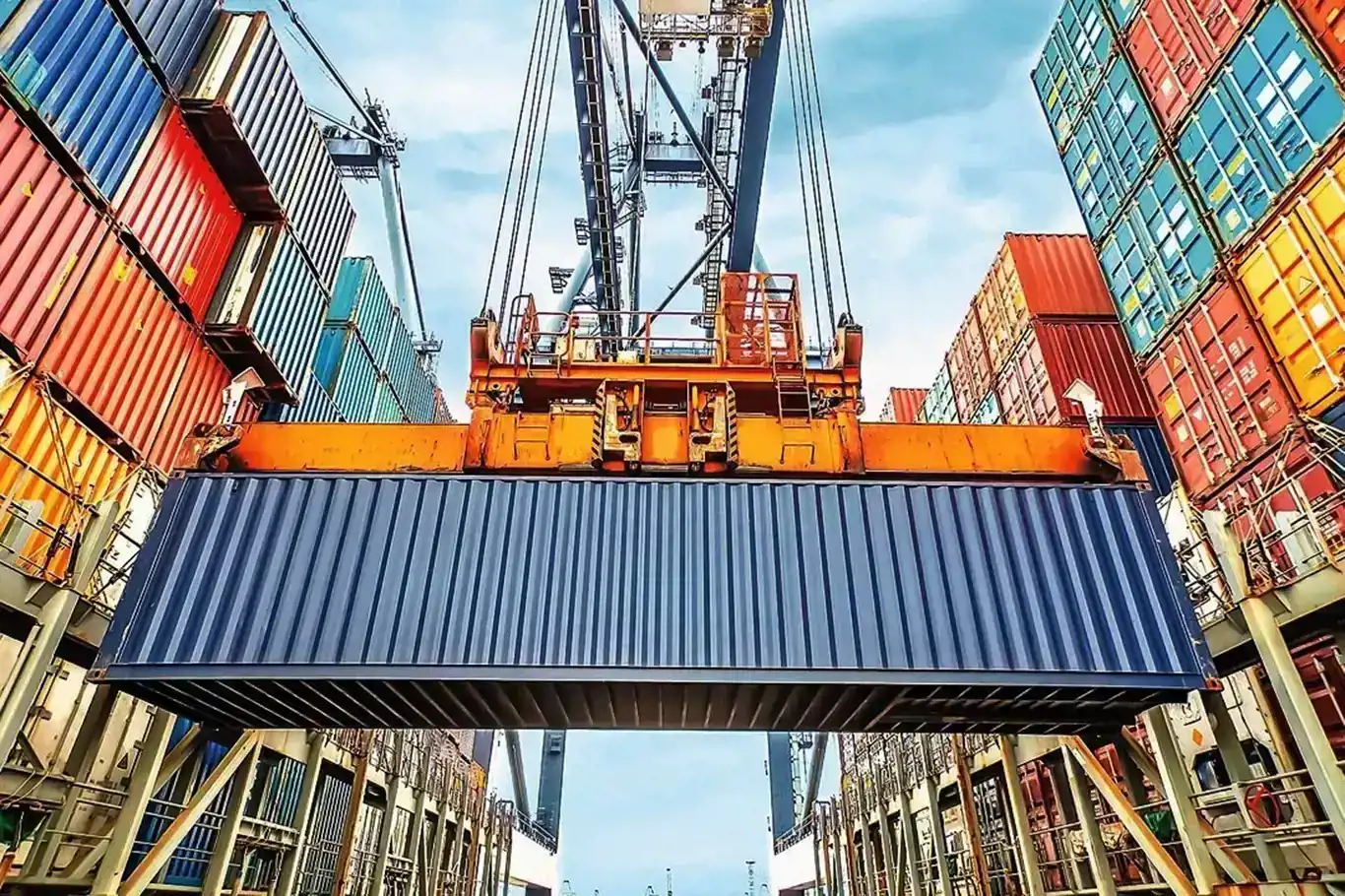Turkish exports and imports decline in June as Germany and China remain key partners


An official statement by the Turkish Statistical Institute (TurkStat) on Friday revealed a downturn in both exports and imports for June 2023, reflecting economic challenges faced by Türkiye.
According to the general trade system data, exports experienced a 10.5% decrease, totaling $20.9 billion, while imports recorded a more substantial decline of 17.5%, amounting to $26.1 billion compared to June 2022.
In the January-June 2023 period, exports saw a mild contraction of 1.9%, reaching $123.3 billion. Imports, on the other hand, demonstrated a 4.1% increase, totaling $184.6 billion compared to the same period in 2022.
When energy products and non-monetary gold were excluded, exports and imports still declined by 10.4% and 10.9% respectively in June 2023. The foreign trade deficit, excluding energy products and non-monetary gold, amounted to $299 million for the same period.
Overall foreign trade volume stood at $39.4 billion in June 2023, registering a 10.6% decrease. However, when energy products and non-monetary gold were excluded from the equation, export coverage of imports reached an encouraging 98.5%.
Notably, the foreign trade deficit experienced a significant 37.3% decrease in June 2023, amounting to $5.16 billion compared to the previous year. During this period, exports covered 80.2% of imports, indicating an improvement from the 73.9% recorded in June 2022.
However, the January-June 2023 period saw an 18.7% increase in the foreign trade deficit compared to the same period in 2022, reaching $61.24 billion. The export coverage of imports for this period was 66.8%, slightly lower than the 70.9% recorded in January-June 2022.
The manufacturing industries remained at the forefront of Turkish exports, constituting 95.2% of the total in June 2023. In the same period, agriculture, forestry, and fishing contributed 2.8%, while mining and quarrying accounted for 1.5% of the exports.
Regarding imports, intermediate goods constituted the majority at 71.2% in June 2023, followed by capital goods at 14.7%, and consumption goods at 14.0%.
Germany maintained its position as the primary partner country for Turkish exports in June 2023, with Germany receiving goods worth $1.78 billion. The USA, United Kingdom, Italy, and Iraq followed as significant export destinations.
China remained the top country for Turkish imports in June 2023, supplying goods worth $3.76 billion. Russia, Germany, Switzerland, and Italy were also major contributors to Turkey's imports.
In a positive development, seasonally and calendar adjusted exports increased by 3.8% in June 2023, while imports decreased by 11.9% compared to the previous month. On a yearly basis, calendar adjusted exports and imports decreased by 0.3% and 9.7% respectively compared to June 2022.
Additionally, high-technology products constituted 3.1% of manufacturing industries exports in June 2023. In the January-June 2023 period, the ratio of high-technology products in manufacturing industries exports slightly increased to 3.6%.
The data suggests a mixed performance for Turkey's economy in June 2023, with exports and imports showing variations across different sectors and markets. Government authorities will likely focus on targeted strategies to address the challenges and leverage the opportunities for sustainable economic growth. (ILKHA)
LEGAL WARNING: All rights of the published news, photos and videos are reserved by İlke Haber Ajansı Basın Yayın San. Trade A.Ş. Under no circumstances can all or part of the news, photos and videos be used without a written contract or subscription.
The Turkish Statistical Institute announced on Tuesday that exports decreased by 3.1% while imports increased by 2.7% in November 2024, compared to the same month in 2023.
The Turkish Statistical Institute announced on Monday that the relative poverty rate in Türkiye has increased to 13.6% in 2024, a slight rise from 13.5% in 2023.
Türkiye's economic confidence index showed an upward trend in December, increasing by 1.8% to reach 98.8, up from 97.1 in November, according to the Turkish Statistical Institute.
Türkiye’s Industry and Technology Minister Mehmet Fatih Kacır unveiled an ambitious plan to allocate ₺496 billion ($14.11 billion) to the Southeastern Anatolian Project (GAP) by 2028.